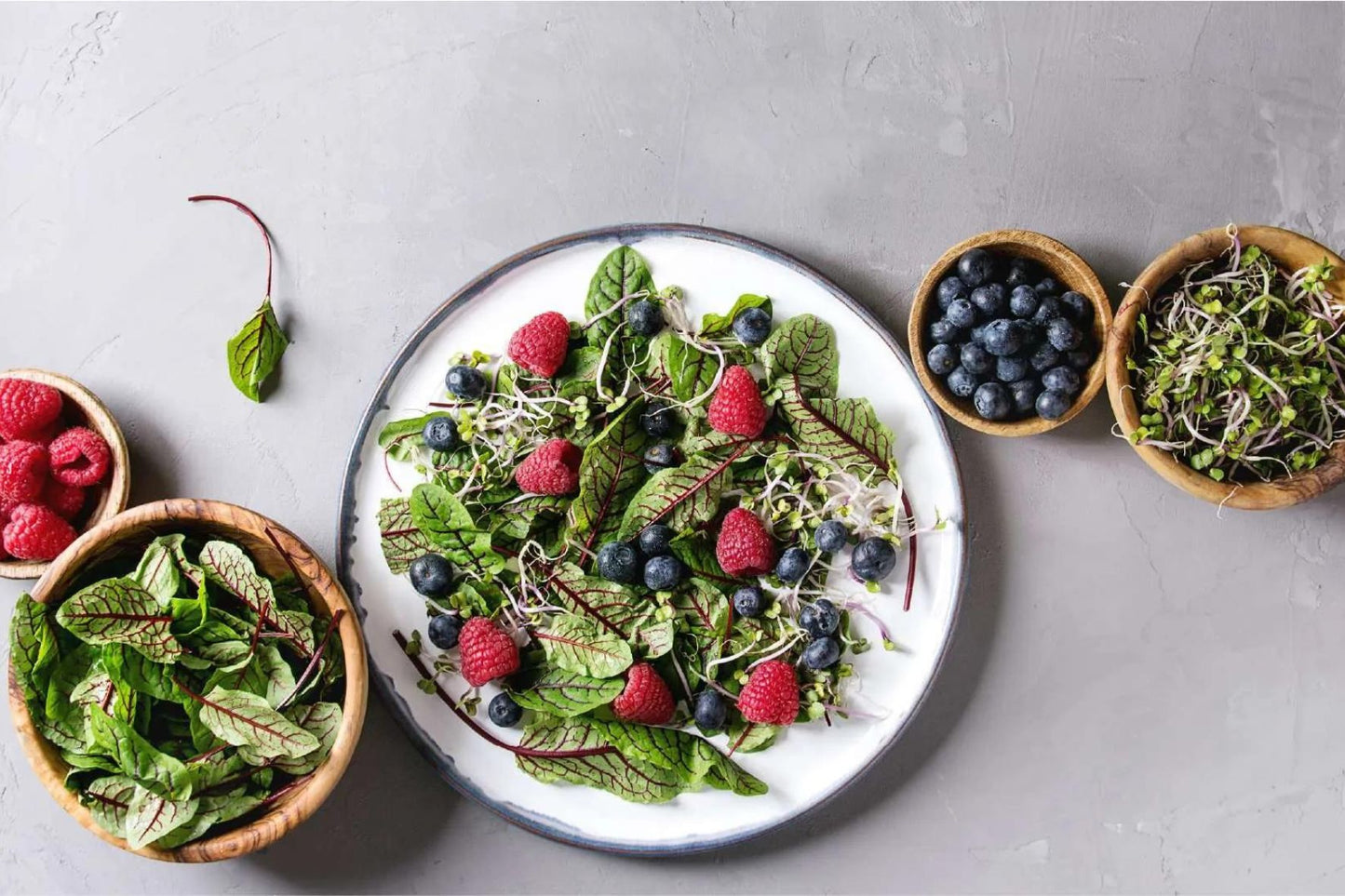
Not all wine is created equal. You’ve probably heard that many times before. A wine connoisseur can tell you the difference in taste among varieties of wine. The same goes for olive oil. Yes, olive oil has its own connoisseurs. It has a long history of use and is enjoyed all over the world. Some people like to taste it, while others prefer using it for cooking or as an ingredient in their beauty routine because of its health benefits such as anti-inflammatory effects from polyphenols found within olives themselves. People are increasingly more interested in the polyphenol content of their olive oil. Don’t panic, we will not delve into organic chemistry 101!
“All you need to know is Polyphonols, poly-fee-nols, are naturally occurring micronutrients found in plant based foods, including Fruits (Which Olives are Classified as) and berries, vegetables, whole grains, nuts and wine. They are a by-product of Photosynthesis.”
These compounds give a plant its color and can help to protect it from various dangers. When there is a lack of water, very high temperatures, or a Pest attack, the plant’s polyphenols will kick in to help the plant survive. When we consume high-quality Polyphenols, we are consuming the very essence of nature’s way of protecting and growing a healthy body & mind. Certain Polyphenols work as Antioxidants for us, which means they neutralize free radicals that are harmful to our body’s cells. A build-up of free radicals leads to conditions like heart disease, cancer, and cognitive decline. According, to a published review article in the American Journal of Clinical Nutrition in 2005, Research on the effects of dietary polyphenols on human health has developed considerably and it strongly supports a role for polyphenols in the prevention of degenerative diseases, particularly cardiovascular diseases and cancers. The antioxidant properties of polyphenols have been widely studied, but it has become clear that the mechanisms of action of polyphenols go beyond the modulation of oxidative stress.
 |
 |
The quality of olive oil is an even more complex concept as it is affected by several factors, such as variety, season, stage of maturation, extraction processing, and so on. But when it comes to Polyphenols, the rule is, the more the better. Levels can vary from 50-400mg/kg. “High phenolic” olive oil is a new category of olive oil recognized by the EU Health Claim Labeling Regulation 432–2012 stating that olive oil polyphenols contribute to the protection of blood lipids from oxidative stress. The health claim applies to olive oil with a minimum of 250 mg/kg of polyphenols and is based on the daily consumption of 20 g or 4 tsp. How you do identify olive oils with high polyphenols? Since the level of polyphenols varies by lot code, it’s not listed on the label. Look for growing regions that may have less than ideal growing conditions. One where the plants need to survive on less water or higher temperatures. One example is the desert like areas in Northern Africa. If you’re looking for an olive oil that is high in polyphenols, Moresh Extra Virgin Olive Oil is a great choice. Our orchards are situated between the Atlas Mountains and Atlantic coast, which results in high-quality olive oil with a polyphenol content of 350 mg/kg.






